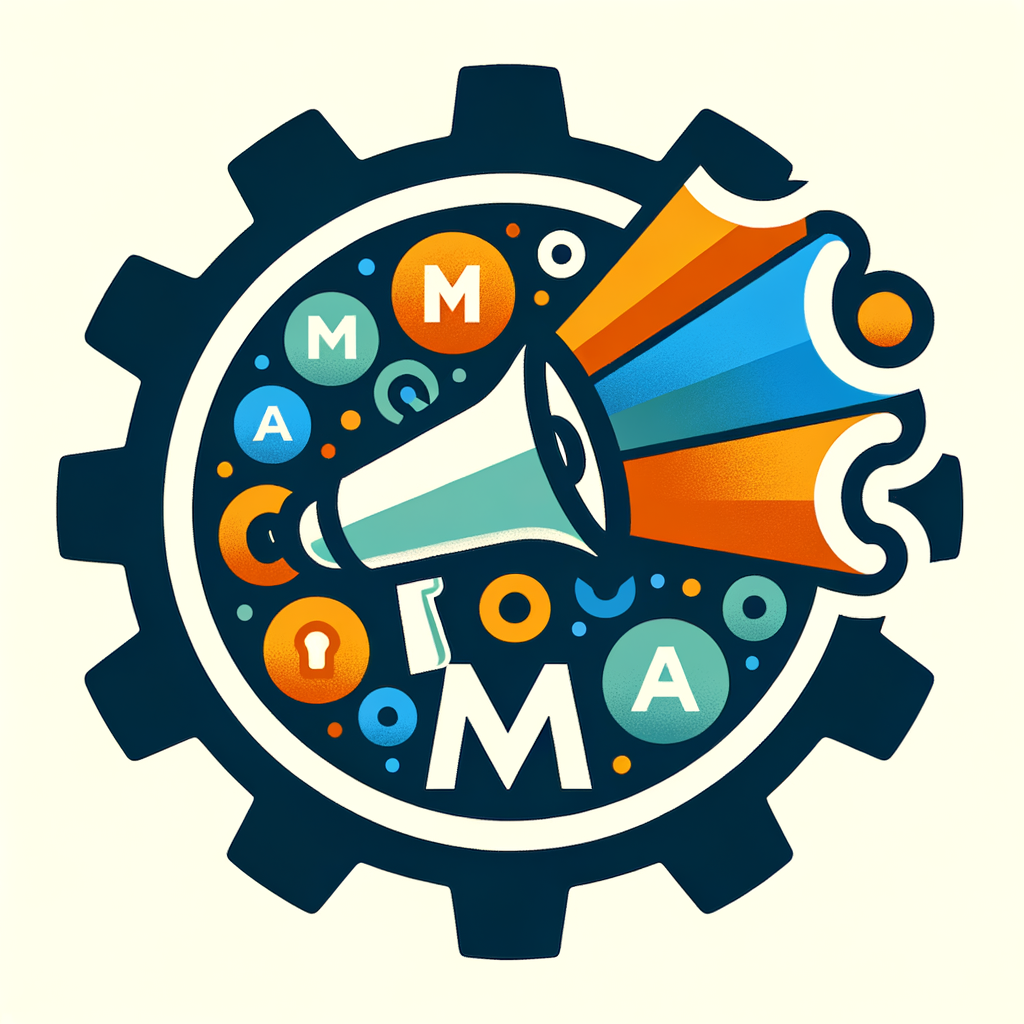What is marketing automation, and how can it help businesses deliver targeted and personalized ads to their audience?
Marketing automation refers to the use of software and technology to streamline and automate various marketing processes, including ad targeting and personalization. It allows businesses to efficiently manage their marketing campaigns, nurture leads, and deliver relevant content to their audience at the right time and through the right channels.
Key Takeaways
- Marketing automation enables businesses to deliver targeted and personalized ads by leveraging customer data and behavior.
- It streamlines the process of creating, scheduling, and delivering ad campaigns across multiple channels.
- Automated lead scoring and nurturing help identify and engage with the most promising prospects.
- Personalized content and offers can be delivered based on customer preferences, behavior, and stage in the buyer’s journey.
- Marketing automation platforms provide analytics and reporting tools to measure campaign performance and optimize strategies.
Introduction to Marketing Automation
Marketing automation is a technology that allows businesses to automate and streamline various marketing tasks and workflows. It involves the use of software platforms that can manage and execute marketing campaigns across multiple channels, such as email, social media, websites, and advertising platforms. By automating these processes, businesses can save time, increase efficiency, and deliver more targeted and personalized experiences to their customers and prospects.
Targeted Ad Campaigns
One of the key benefits of marketing automation is the ability to create and deliver targeted ad campaigns. By leveraging customer data and behavior insights, businesses can segment their audience and tailor their ad content and messaging to specific groups or individuals. This targeted approach ensures that the right ads are shown to the right people, increasing the likelihood of engagement and conversion.
Personalized Ad Experiences
In addition to targeting, marketing automation platforms enable businesses to personalize ad experiences for their audience. By collecting and analyzing data on customer preferences, behavior, and interactions, businesses can deliver personalized ad content, offers, and recommendations. This level of personalization enhances the relevance and effectiveness of ad campaigns, leading to higher engagement and conversion rates.
Lead Nurturing and Scoring
Marketing automation also plays a crucial role in lead nurturing and scoring. By tracking and analyzing customer interactions and behavior, businesses can identify and prioritize the most promising leads. Automated lead scoring systems assign scores to leads based on their level of engagement and likelihood of conversion. This information can then be used to nurture leads with targeted content and offers, guiding them through the buyer’s journey and ultimately converting them into customers.
Multi-Channel Ad Delivery
Effective ad campaigns often require a multi-channel approach to reach customers across various touchpoints. Marketing automation platforms facilitate this by allowing businesses to create and manage ad campaigns across multiple channels, such as email, social media, display advertising, and retargeting. This integrated approach ensures a consistent and cohesive brand experience for customers, regardless of the channel they interact with.
Analytics and Optimization
Marketing automation platforms provide robust analytics and reporting tools that allow businesses to track and measure the performance of their ad campaigns. By analyzing metrics such as click-through rates, conversion rates, and return on investment (ROI), businesses can gain valuable insights into what’s working and what’s not. This data can then be used to optimize and refine ad strategies, ensuring that campaigns are continuously improving and delivering better results.
Integration with Other Systems
Many marketing automation platforms offer integration capabilities with other systems and tools, such as customer relationship management (CRM) software, content management systems (CMS), and e-commerce platforms. This integration allows for seamless data sharing and a more holistic view of customer interactions, enabling businesses to deliver even more personalized and relevant ad experiences.
Marketing automation is a powerful tool for businesses looking to deliver targeted and personalized ad experiences to their audience. By leveraging customer data, automating processes, and optimizing campaigns, businesses can increase engagement, drive conversions, and ultimately achieve better marketing ROI. However, it’s important to remember that marketing automation is not a one-size-fits-all solution, and businesses should carefully evaluate their specific needs and goals before implementing a marketing automation strategy.
To fully harness the power of marketing automation for targeted and personalized ads, businesses should continuously monitor and analyze their campaign performance, adapt to changing customer preferences and behaviors, and stay up-to-date with the latest trends and best practices in the field. By doing so, they can ensure that their ad campaigns remain relevant, effective, and aligned with their overall marketing and business objectives.

